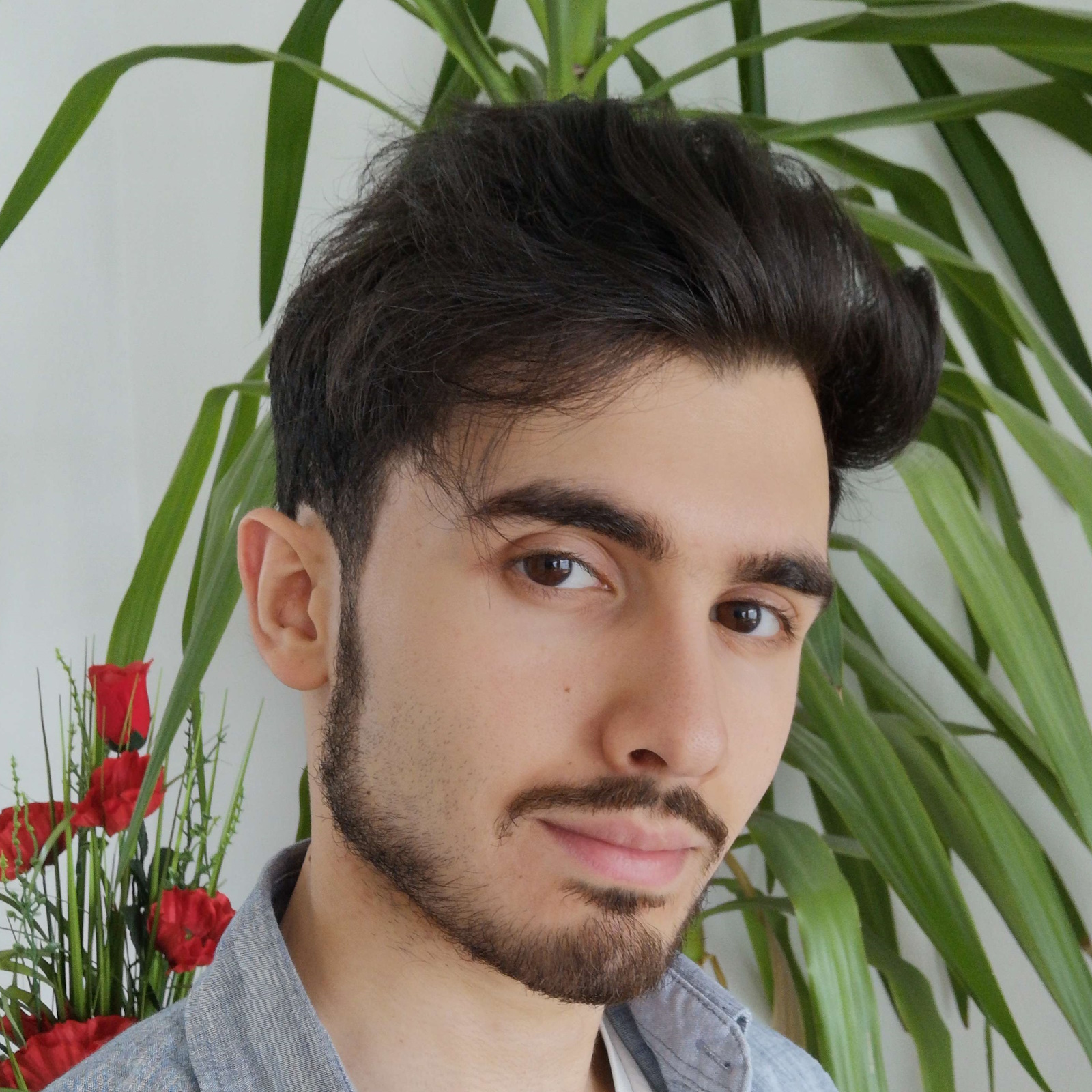Matt Salomone
Matt is studying Linguistics BA

Tell us about what A level subjects you did – how did you decide you wanted to do a Linguistics degree?
I was drawn towards languages after a few years of secondary school, and took English Literature, German, and Latin for my A-Levels, as well as classical Greek for AS. Unfortunately, the ‘nearest branch’ of English Language wasn’t on offer for me, and despite my growing fascination for the inner workings of language itself, I only truly discovered Linguistics as a field after graduation. For that reason, I had briefly begun study in Classics before I finally transferred into Linguistics, and it didn’t take long to feel it was the right thing for me.
What made you choose Queen Mary?
Unlike my prior experience living in student accommodation in Scotland, I knew I wanted to change to a London university and commute from home. However, I’d come to this decision later than the typical January deadlines. When I applied for a transfer, although my grades would have sufficed for any of my three choices, only Queen Mary was willing to accept me for the 2022 academic year. I didn’t know much at the time, but by now I’d say it was a very fortunate turn of events for me. When choosing universities you rarely get any sense of what the experience will be, and whether it will suit you personally – there’s typically just detached displays of numbers and statistics, and the occasional description. In reality there are so many more factors; it seems only natural to me that it might take time for someone to find the right place.
What do you like about your programme of study?
Linguistics is a brilliant and broad field with many unique subdivisions, owing of course to the universality and complexity of language. I find that most people are interested in it, just looking/hearing in from the outside – after all, it’s part of everyone’s lives. In brief – which is difficult! – I enjoy the very logical elements of analysis and application within linguistics, being able to actively observe what I learn, and from there extrapolating to other aspects of language within both my studies and life generally. In particular I like learning and theorising about our brains’ intricate capabilities for grammar within languages.
What is your favourite aspect of studying Linguistics at Queen Mary?
There are lots of nice places within the campus to study or meet with friends. I’ve found that the Linguistics department is very welcoming as a whole and seems to cultivate a friendly atmosphere among my student year group as well. Most classes are small enough as to be relatively tight-knit, and support/communication with staff is typically easy and comfortable.
What is your favourite module so far?
My favourite module so far is probably Syntax I – I’m just a big fan of the syntactic aspects of grammar, and perhaps unusually I’m fond of syntax trees. For this second year, while I anticipate Syntax II next semester, I particularly enjoyed Phonology II.
Is there anything that has surprised you about studying Linguistics?
Since I effectively “renounced” mathematics by pursuing languages (kind of, anyway), it’s surprised me that I could be invested in similar logical elements of learning as they’ve come up in Linguistics. While the correlation definitely isn’t exact, and the ‘STEM vs humanities’ divide is its own rabbit hole, I feel as though Linguistics is definitely my preferred approach to scientific studies.
Do you know what you would like to do after your studies?
I have ideas about the current booming field of natural language processing – it’s hard to ignore!
What advice would you give to students who are thinking about studying with us?
I think this field is perfect for anyone with interests in social/psychological sciences and, of course, languages. Learn as much as you can in the way of open days, course content, the student experience, etc. and follow your passions. It’s not at all necessary to figure out your career path so soon, but it helps plenty to think about what you’d enjoy doing.
Are there any extracurricular activities or events that you've participated in which have complemented your academic journey?
One opportunity I’ve had is to take part in workshops that focus on experimental techniques within Linguistics, namely for eye tracking and electro-encephalography (EEG). I definitely recommend anyone to seize these chances when they can: they can be inherently fascinating while also giving you training for future studies/research, or maybe more.
Could you share a particularly insightful interaction you've had with a professor or fellow student that has positively influenced your learning?
Though it’s a simple thing, I recall going up to a lecturer after class and asking about a loosely-related idea I had regarding grammar, the explanations for which led to some miniature revelations about language. The crux being: I think that many professors here encourage and support your curiosity from the earliest stages of studying Linguistics! I always enjoy hearing about what the current theories are in the field and how it relates to their own work – it reminds you that the material you’re learning can tie into more than just the class.